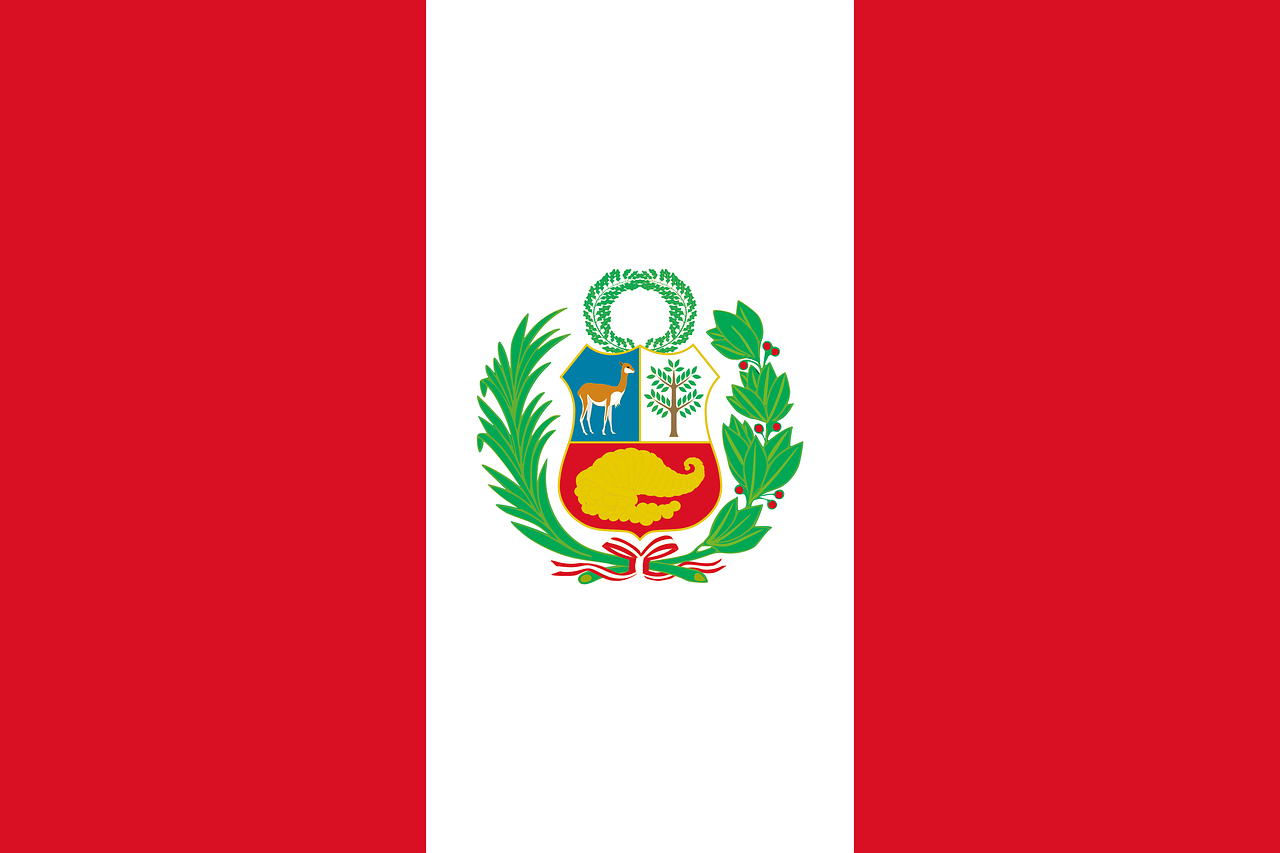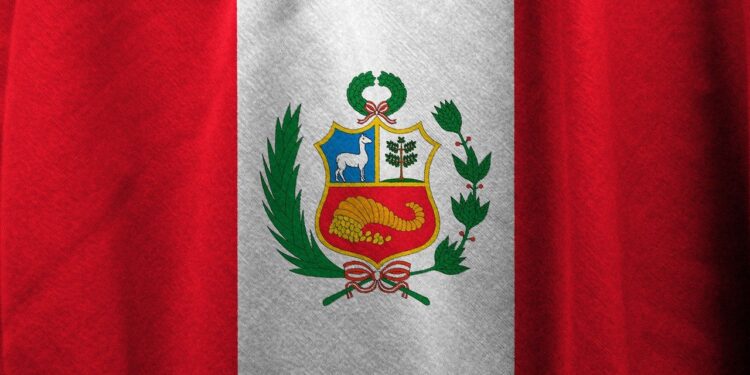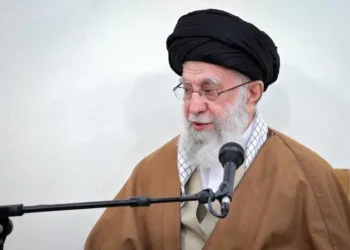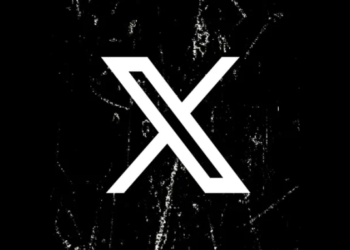The overwhelming vote by Peru’s Congress to remove President Dina Boluarte on grounds of “permanent moral incapacity” is less a commentary on her personal morality and more a furious, if unconstitutional, discharge of public anger over a state collapsing under the weight of surging gang violence and systemic political rot.
With a dismal 2−4% approval rating, Boluarte was never a popular leader; however, the final, decisive blow came not from the lingering crisis of “Rolexgate” or the unseemly salary increase, but from the pervasive, terrifying reality of rampant crime that has seized the nation’s streets.
The shooting at a concert in Lima was merely the final, bloody crystallisation of a deep-seated failure of national security policy. Congress didn’t just impeach a president; they exploited a constitutional loophole to punish a government for its lethal incompetence in keeping Peruvians safe. This cyclical ousting (the sixth leader since 2018) only underscores Peru’s terminal political instability.

Boluarte’s had failed in enacting a security policy due to her inability to confront transnational criminal organizations and local extortion rackets. In recent months, anti-government protests escalated amid soaring crime, turning a long-standing governance problem into a fatal political liability. The government’s preferred solution (declaring states of emergency and suspending constitutional rights) proved to be an ineffective cosmetic patch.
This heavy-handed, militarised response failed to address the root causes and, worse, reminded the public of the violence used against Castillo supporters, thereby permanently eroding her legitimacy. A president can survive a corruption scandal; she cannot survive a failure to guarantee basic public safety in her capital, Lima. The lawmakers, sensing a shift in the political winds and eager to channel public anger towards their own advantage, finally withdrew the fragile support she had enjoyed.
Why It Matters
Peru is trapped in a cycle of political chaos. The root of the problem is a divided Congress that repeatedly uses its power to impeach and remove presidents, preventing any leader from serving a full term. This constant upheaval makes the government unstable and stops it from solving the country’s long-term issues. The appointment of Congress leader José Jerí as the new interim president does not solve this fundamental problem. As a key player in the very system that created the crisis, he is now in charge of a broken political structure that he is unlikely to fix, meaning the cycle of instability is set to continue.

















